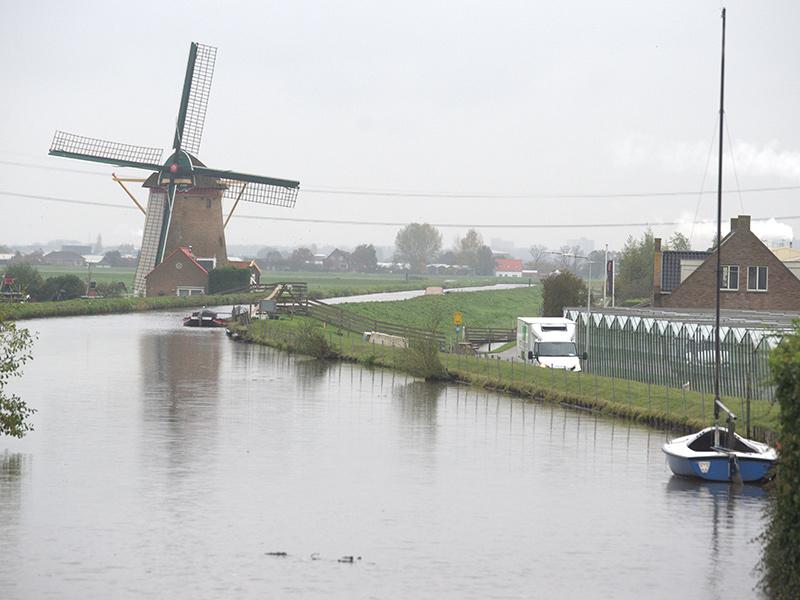Panel to explore how New Orleans can weather rising flood risks
What is New Orleans doing – and not doing – to prepare for increased rain and bigger storms in the years to come?
A panel of experts will answer that question and many other water-related ones Wednesday, March 11, when WWNO and The Times-Picayune/The New Orleans Advocate present “Water Ways: Dutch Lessons for a Changing Coast” on Tulane University’s uptown campus.
The discussion, which is free and open to the public, will take place from 5:30 to 6:30 p.m. in Room 201 at Richardson Memorial Hall, home of the Tulane School of Architecture, which is a co-sponsor of the event. A reception will follow. Richardson Memorial is located on the Gibson Quad, just off St. Charles Avenue.
The discussion will be moderated by WWNO coastal reporter Tegan Wendland, one of a team of journalists who traveled to the Netherlands to explore new best practices around water management and climate change adaption. The reporting project is part of the Pulitzer Center's nationwide Connected Coastlines initiative.
The panel will feature Tyler Antrup, director of Planning and Strategy for the New Orleans Sewerage and Water Board; Jessica Dandridge, executive director of The Water Collaborative; Angela Chalk, executive director of Healthy Community Services; and Robert Collins, PhD, professor of Urban Studies and Public Policy at Dillard University.
Iñaki Alday, dean of the Tulane School of Architecture, will deliver the opening remarks. He said the school is honored to host this event to discuss new ways of inhabiting environmentally vulnerable, flood-prone areas like the Mississippi Delta, the Dutch deltaic lowlands and so many others around the globe.
“As a school, we teach future architects, designers, developers, and professionals, about how humans inhabit spaces, and it’s overwhelmingly important to consider water as today’s most critical aspect: excess, scarcity, pollution, or variability,” Alday said. “Looking at other countries – like the Netherlands – we can see the success of shifting water management strategies in what I call ‘from protection to negotiation,’ and Tulane School of Architecture is one of the leaders working at the forefront of this new framework.”
For more information, contact Tegan Wendland at tegan@wwno.org.

